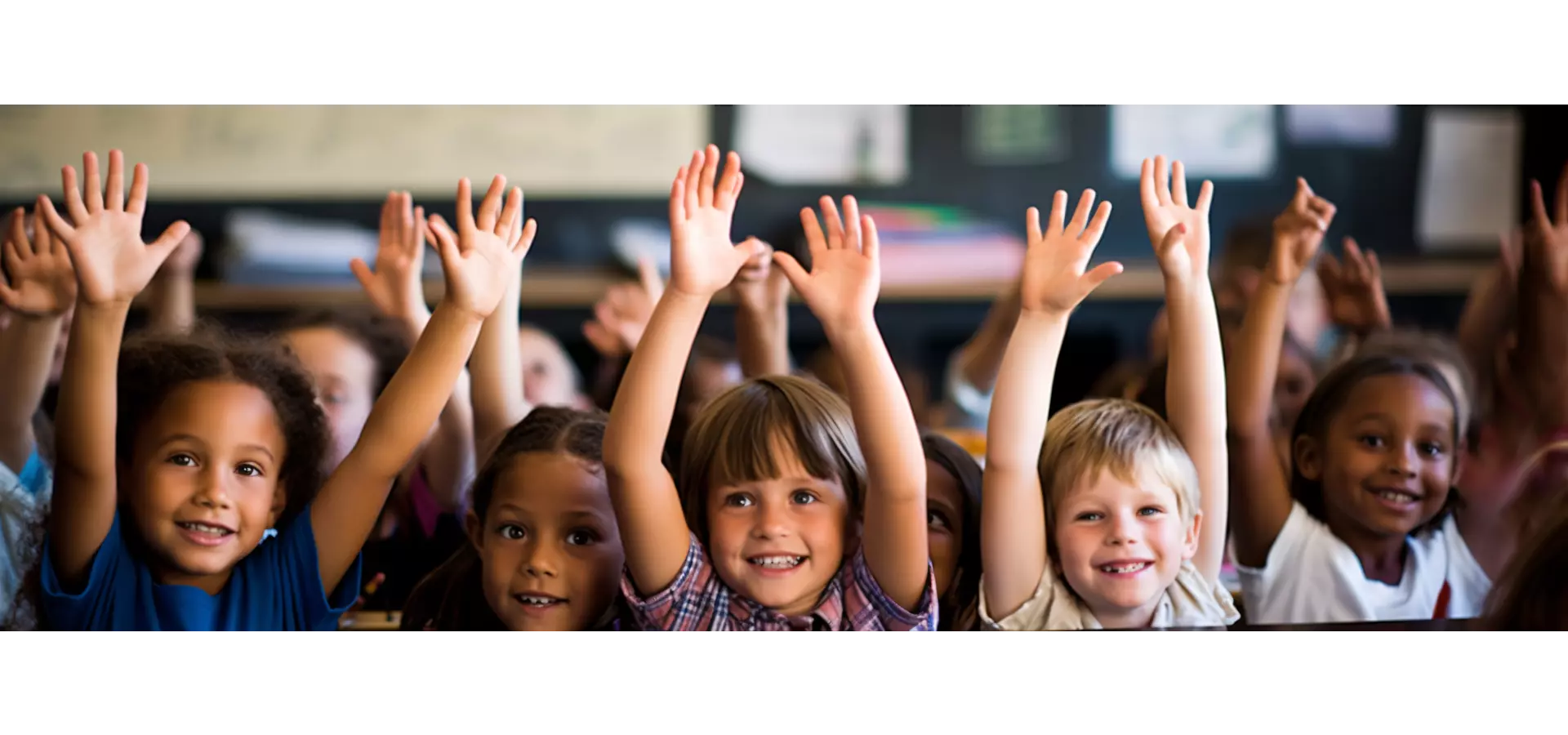
Promoting resilience in the early years through citizenship
My colleague, Dr Christine Stephen, and I recently worked with Jennifer McLean and Val McNeice from the GCPH to look at the concept of ‘citizenship’ in the early years of life.
We carried out a rapid review of the literature to explore:
a) whether and how particular practices, activities or programmes in early learning and childcare settings (ELCS) support young children to develop positive citizenship, and
b) how effective these practices, activities and programmes are both in the short and long term.
Our interest in positive citizenship in ELCS links with previous work carried out by the GCPH on assets-based practice and resilient communities. This research highlighted the importance of promoting individual and community strengths to support people to respond and adapt to challenges and changes in their environment. In this context, we investigated the idea of whether gaining the skills, dispositions, practices or understandings associated with citizenship could be a way to increase both individual and community resilience. At the same time, we hoped that focusing on education for citizenship would reveal practices in ELCS that build on people’s strengths and abilities which would, in turn, foster more resilient individuals and communities.
Recent policy developments in the UK aim to promote educational experiences that will ensure children become responsible citizens. In fact, one of the four goals of the Scottish Curriculum for Excellence is to support children to develop into responsible citizens. However it is unclear exactly how this is to be achieved or what outcomes should be promoted. An examination of the anticipated experiences and outcomes relating to ‘health and wellbeing’ within the curriculum suggests that educational settings should support children to develop social skills, confidence, resilience and the ability to make informed choices. Children are also expected to be able to understand the impact of their decisions and behaviours and to recognise diversity and inequality.
The review raised a number of issues relating to the current understandings of citizenship and children’s status within society at present that undermine the potential for education for citizenship to be a transformative and empowering practice for children and young people. Although there is no universally agreed definition of citizenship, our review suggests that citizenship is most commonly thought of as a legal and social status that grants rights and responsibilities to members of a community.
Citizenship, therefore, has the potential to both include and exclude individuals. Within this mainstream understanding of citizenship, children’s citizenship occupies an uneasy space, emphasising some of the difficulties of citizenship as a legal and social status granted to individuals.
There is a tension between children as citizens and common understandings of children as vulnerable and lacking in capacity. While children are afforded some rights, such as those promoted by the United Nations Convention on the Rights of the Child, they lack many of the civic (i.e. the right to freedom of assembly and movement), political (i.e. the right to vote) and economic (i.e. the right to own property) rights commonly granted to individuals once they reach adulthood.
Not only are children denied many rights; the extent to which they can contribute to society and their ability to act as citizens is also restricted by the view that they are immature, lack capacity and unable to discern what is best for them and society.
There is also a focus on developing children as future citizens which does not sit well with the notion of children as current citizens in their learning and other communities. Children’s citizenship is currently thought of as ‘a means to an end rather than a guarantee for particular liberties’. We feel that the foundation on which this approach is based is questionable because the impact of any specific learning in the short and long term is, in most parts, uncertain.
If the present and future focus of education is to consider children as current citizens, traditional (and potentially out-dated) notions of citizenship and children’s agency and status in society must be reviewed. One promising approach is that suggested by Cath Larkins who proposes a different understanding of citizenship that is not linked to status but that recognises difference and the importance of relationships.
For example, through play and their interaction with peers, children not only learn about citizenship but also engage in acts of citizenship that can challenge the balance of power between adults and children (see also Hägglund & Samuelsson and Bath & Karlsson). As we debated in our report ‘adopting such an understanding of citizenship would open up opportunities to understand children’s practices as actions of citizenship’. Such a shift would, I believe, result in transformative and empowering education for citizenship for children and young people.
Find out more about the Glasgow's Healthier Future Forum event and book a place.
Read more about resilience in the related blogs in our series:
Can Asset Based Community Development build wellbeing and resilience in communities?
Surprises at work: building resilience through recognition and appreciation
Back to